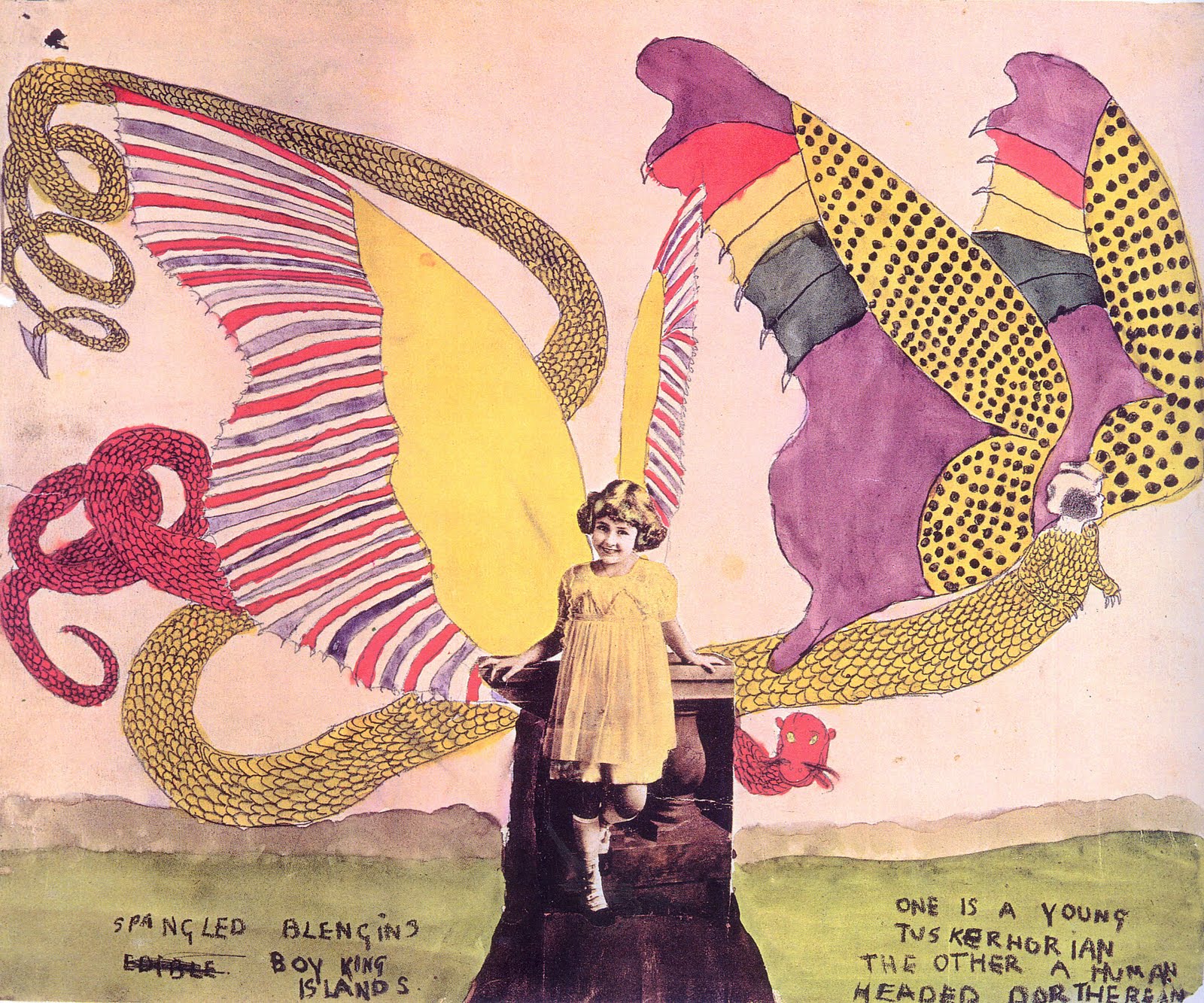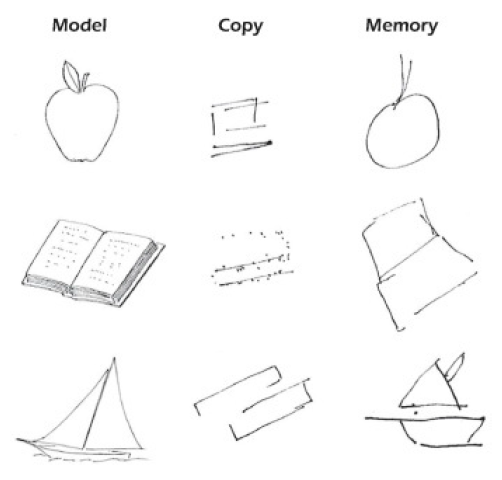Daily log: August 30, 2019
Sending status updates about projects is apparently very useful – a) people are less worried, b) extra interactions = extra opportunities. The primary reason I usually don’t give status updates is that I also believe that c) every interaction is a chance for someone to remember that I exist and it would result in something bad (getting fired, getting shouted at, I don’t know). This doesn’t seem to hold in practice, though – but if so, why would I ever believe it? And the answer is: because if I actually do get shouted at, it would be Impossible To Fix Ever, so being afraid of getting shouted at is much more worthwhile than hoping for something good to happen. Which is stupid, because mostly everything is actually fixable.
Broke up with a friend because I couldn’t talk to them without getting annoyed and it wasn’t fair for either of us. I don’t know why I get annoyed at some things and not others, and I have given up trying to figure why.
Got slightly drunk, ostensibly in an attempt to do whatever things I was reluctant to do earlier this week, but in reality just because I wanted to. This doesn’t take away from the fact that I did do things I was reluctant to do, and it was useful and probably worth getting drunk. Not sure what is the lesson here.
Tried very good crêpes: ДЭПО #2. I don’t know why I’m even telling you this.
Reading pipeline (likely predicts what I will be thinking about in the next couple of weeks)
Surgeons Should Not Look Like Surgeons
So consider next time you randomly pick a novel, to avoid the one with the author photo representing a pensive man with an ascot standing behind wall-to-wall bookshelves. Or the well-spoken person who gives what is known as a TED talk.
What can be phrased and expressed in a clear narrative that convinces suckers will be a sucker trap. [...] Likewise, there prevails the illusion that businesses work by business plans and science by funding. This is strictly not true: a business plan is a useful narrative for those who want to convince a sucker.
The Premium Mediocre Life of Maya Millennial
As a result, as another buddy Rob Salkowitz put it in our Facebook discussion, premium mediocrity is creating an aura of exclusivity without actually excluding anyone. [...] Premium mediocrity is a pattern of consumption that publicly signals upward mobile aspirations, with consciously insincere pretensions to refined taste, while navigating the realities of inexorable downward mobility with sincere anxiety. There are more important things to think about than actually learning to appreciate wine and cheese, such as making rent. But at least pretending to appreciate wine and cheese is necessary to not fall through the cracks in the API.
Daniel Kahneman on Cutting Through the Noise
I was working with an insurance company, and we did a very standard experiment. They constructed cases, very routine, standard cases. [...] You have 50 people reading a case and putting a dollar value on it.
Suppose you take two people at random, two underwriters at random. You average the premium they set, you take the difference between them, and you divide the difference by the average. By what percentage do people differ? Well, would you expect people to differ? And there is a common answer that you find, when I just talk to people and ask them, or the executives had the same answer. It’s somewhere around 10 percent.
Now, what we found was 50 percent, 5–0, which, by the way, means that those underwriters were absolutely wasting their time, in the sense of assessing risk.


